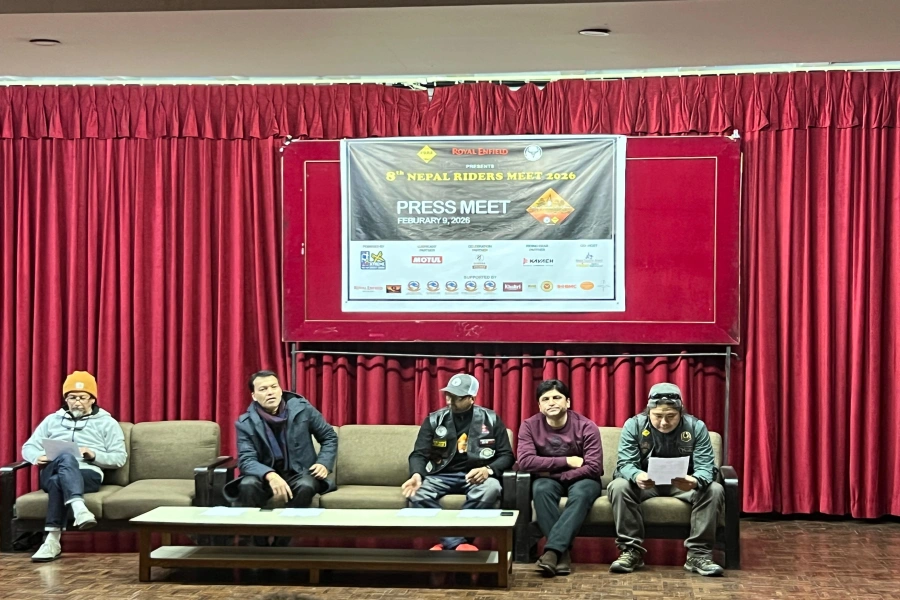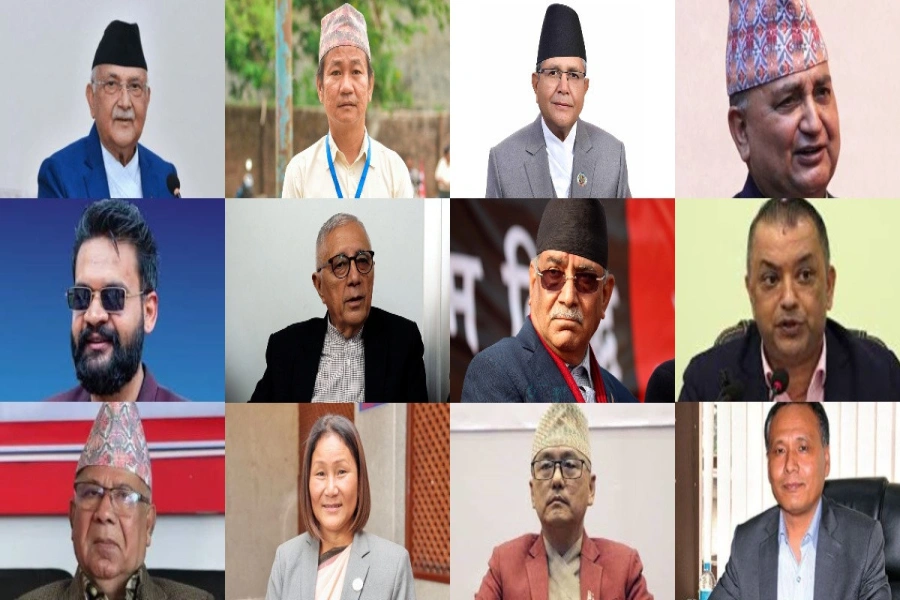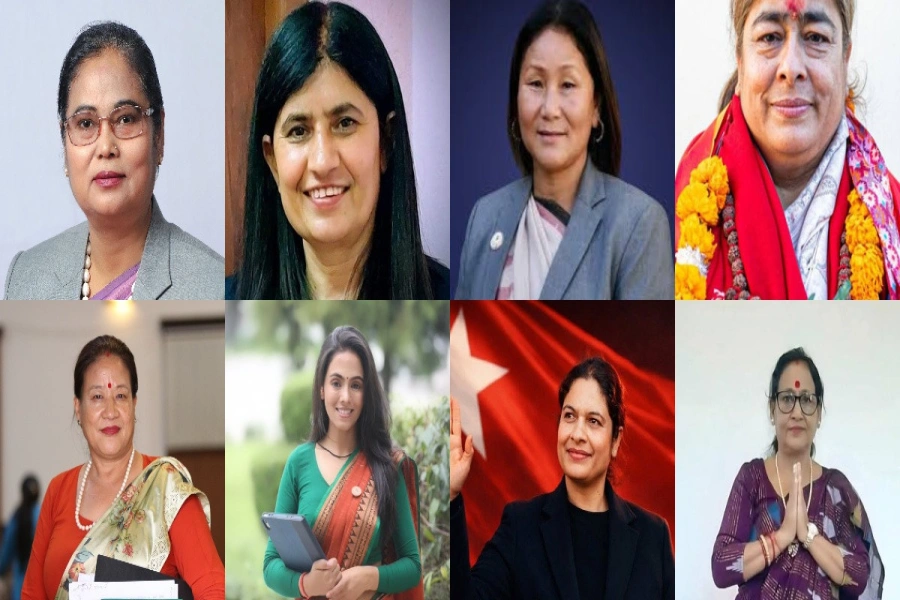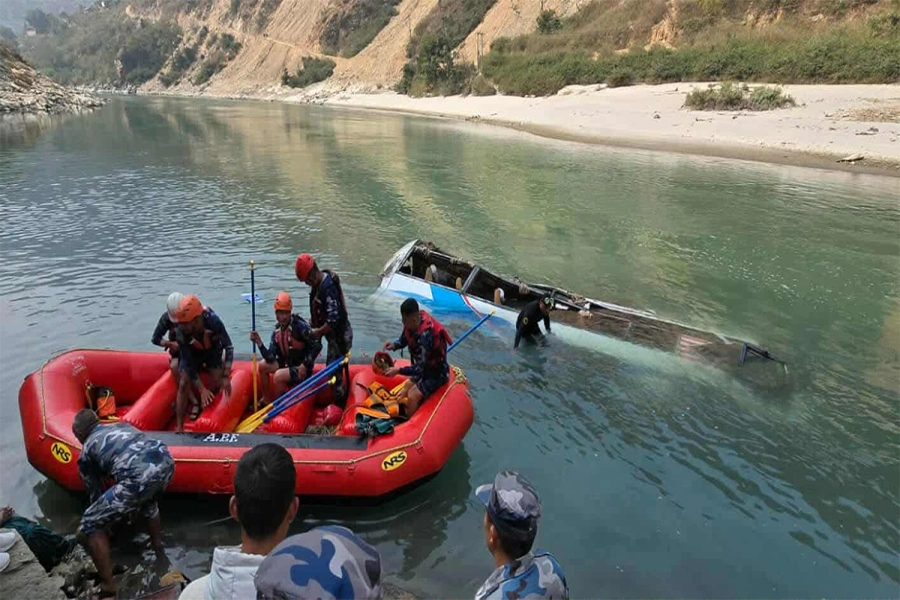In the past, local landlords had robbed hundreds of Haliyas, who expressed inability to pay-off loans taken by their predecessors, of their land. With the abolition of the system, landlords were supposed to return lands to their original owners. They, however, seem to be adamant not to handover the land to the Haliyas, despite different organizations´ constant cry.
According to Chakra BK, central coordinator of Rashtriya Haliya Mukti Samaj Federation (RHMSF), there are over 20,000 Haliya families in the Far West alone. Of them, more than 12,000 Haliya families are landless. "Land of most of them was taken by their masters after they could not pay loans," BK says. "The government´s declaration implies that they must return all land."
Last year, on September 6, the government had annulled all forms of loans lent by landlords to Haliyas, thereby setting free all agricultural laborers forced to plow their masters´ fields to pay interests. It is estimated that there are over 100,000 Haliya families across the country.
Irrespective of what the government´s declaration of freeing Haliyas implies, Shankar Mahar, 26, of Nagarjun VDC of Baitadi, has not got back his one ropani of land, which his father Hajari had mortgaged to his master Dambar Singh Panta´s house. Hajari had taken a loan of Rs 10,000 almost 14 years ago, when he fell sick due to perennial asthma.
After taking the loan, Hajari was forced to plow Panta´s fields. He was not spared even a single day in the cultivation season. There was no accounting on how much rupees worth he tilled Panta´s fields. Nor was there any agreement which stipulated that he would be free of his loan after working in Panta´s fields for so many years. "My father worked like a cattle with no payment, just to pay the interest of the loan," Shankar says.
Eight years ago, Hajari could not plow Panta´s fields any longer, owing to his advancing age and ailment. Then Panta made Shankar work for him in his father´s place. Shankar worked continuously for Panta until the government abolished the system. "I had almost lost hope," he says. "The government´s declaration made me feel like a human being."
However, Shankar´s euphoria of becoming a human has almost evaporated. One year on, the government has not even accomplished the task of carrying out survey on Haliya´s socio-economic situation, without which, the government officials say, introducing the rehabilitation program is next to impossible.
Let alone being rehabilitated by the government, Shankar has not even regained his land. "I have no land to grow crops," he says. "I am facing difficulties supporting my family." His step mother Laxmi Mahar, 40, has developed cancer but is not getting proper treatment. The tip of her one finger had to be cut off following an injury that she received while working in Panta´s land. An illiterate village woman, Laxmi lacks knowledge and courage to claim compensation for the damages.
"Let alone compensation. I just want to get back our land where we can cultivate crops to earn bread for our family," she says.
Minister Pandey pledges to address freed Haliyas’ problems






































